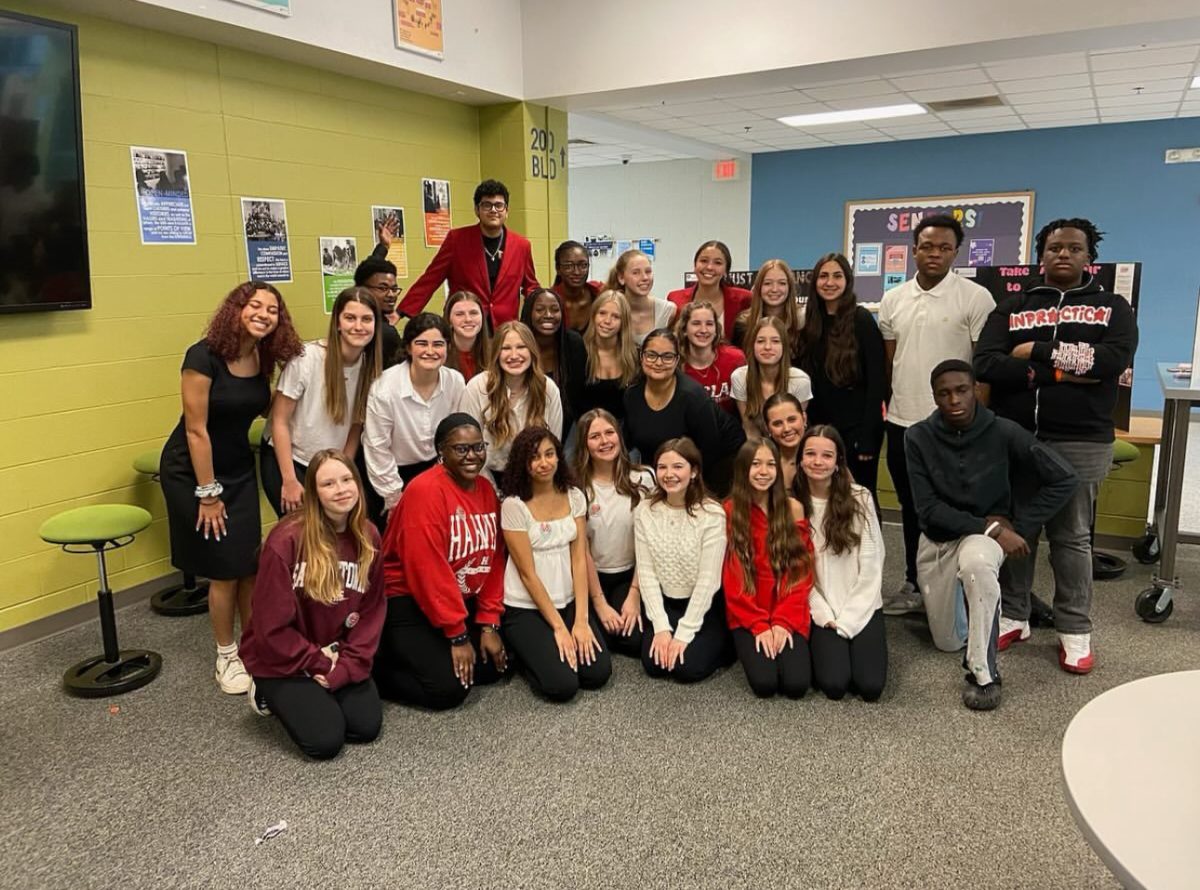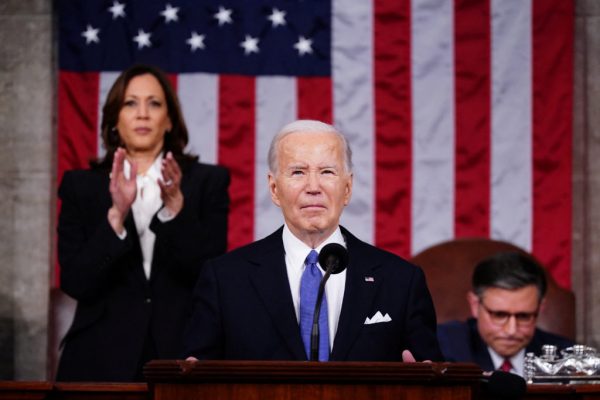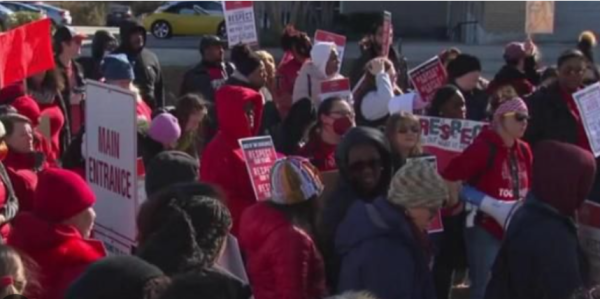American companies make plans to hire refugees
Syrian refugees struggle to get comfortable while sleeping in one of the many refugee camps around the world. One major reason refugees need jobs is to get out of living conditions like these.
March 16, 2017
Donald Trump’s recent executive order involving a travel ban was met with massive amounts of criticism. Rallies are the most popular form of protests, and multiple celebrities have spoken out against the travel ban. For example, three New England Patriots are refusing to visit the White House after their Super Bowl win. Many American corporations are making plans for a new form of protest on the President’s executive order, making plans to hire Syrian refugees.
Companies like Facebook, Microsoft, and Ford have spoken out against the travel ban, but few corporations are actually taking steps to help displaced refugees. The leader in this field is Starbucks, a global coffee titan. Starbucks CEO Howard Schultz wrote a letter to all employees publicly released it via the Starbucks website. The letter listed many actions Schultz wants to take; most of them in response to the recent travel ban and alleged racism. These included complete health care for all Starbucks employees and outsourcing some coffee productions into Mexico. Perhaps the biggest promise Schultz made, however, is the plan to hire ten thousand employees in the 75 countries where Starbucks does business. The letter stated that Starbucks would first focus their efforts on hiring people who have served with U.S. troops in the past, such as interpreters or support personnel.
There is another company that is outdoing Starbucks in terms of refugee employment, though. Refugees make up an incredible 30% of the company’s workforce, mostly working in U.S. factories. The founder of Chobani, Hamdi Ulukaya, has received death threats due to his work with refugees. These threats have not swayed Hamdi, who has pledged the majority of his fortune to go to helping displaced people around the world. It is likely Starbucks will receive similar backlash, and support has been growing for a Starbucks boycott.
While companies like Starbucks are claiming initiative, very few Syrian refugees actively have jobs in US companies. In an article from Time, the U.S. Committee for Refugees and Immigrants stated that an estimated ten thousand refugees have jobs in the US, but most of these are low paying jobs, averaging around ten dollars. However, no employers have employed immigrants in large numbers. The nation’s largest non government employer, Walmart, has only 79 refugees employed. Starbucks will be one of the first employers to employ refugees in such large numbers around the world. While Starbucks is promising to hire refugees in unprecedented numbers, it is likely they will be employed in entry level jobs.
Many corporations only hire refugees and displaced people because of social responsibility. Most employers look for citizens first, especially citizens with U.S. education. Because most refugees have neither of these, employers likely hire for good publicity. While Starbucks has had plenty, as well as some negative publicity, with threats of a boycott on the horizon, the largest number of refugees reside in Europe. In Germany alone, over 400,000 refugees are jobless, and with more arriving daily, the number is continuing to grow.
“There’s too many refugees,” said senior Max Powell, “and not enough that we can do,” emphasizing that there are too many refugees for many first world countries to take on. While employers are taking positive steps to help displaced people, more needs to be done.






















